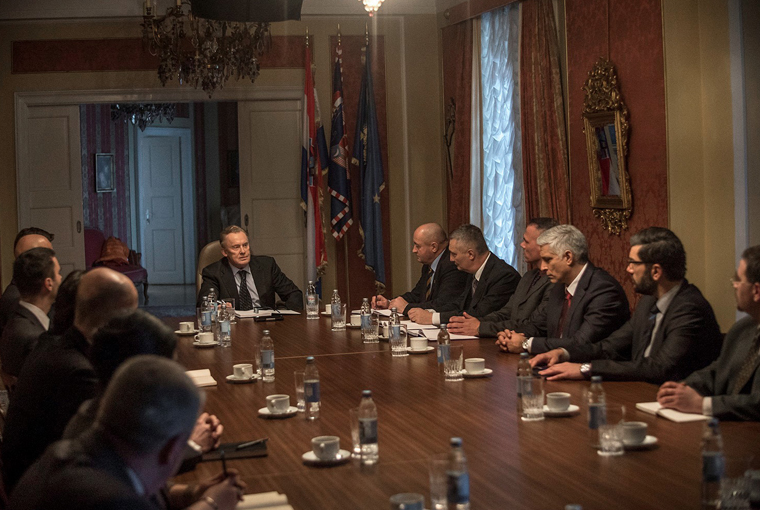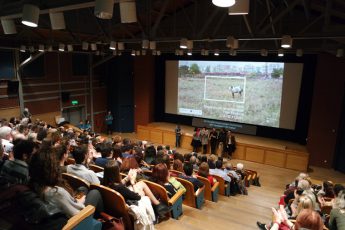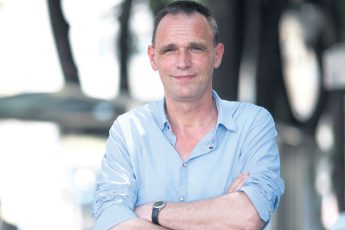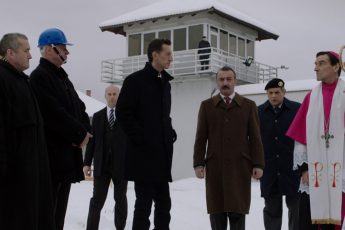
EEFB will conclude its 2019 regional focus on Ukraine shortly after the next meeting of the Normandy Format in Paris on December 9th. Though pundits are still debating the potential of change brought about by the recent political reshuffle in Ukraine and Russia’s growing frustration with Western sanctions, it is more than unlikely that the conflict in Eastern Ukraine will be unfrozen any time soon, let alone this coming winter. As delicate as the issue may be, the indefinite incompleteness of this political process is a fitting metaphor both for the limited view a journal can offer of a revitalized cinematic landscape, and for the challenges one faces when dealing with a filmic culture of a nation engrossed in the reality of politics and war. To reformulate the latter challenge more succinctly: how to speak about Ukraine without dwelling on the Donbass, or worse yet Trump?
Contrary to what this editorial may suggest, our regional focus in 2019 took on this very task. Though politics did come to the fore in our reviews of Nariman Aliev’s Homeward and Vytaly Mansky’s Close Relations or our return to Roman Bondarchuk’s meditative portrait of the Wild East in Ukrainian Sheriffs, in the majority of cases politics figured as an understated framework rather than as a headline-producing subject matter. We published a special issue dedicated to the work of Kira Muratova; watched a cult classic fall flat when transposed onto the screen; handpicked experimental works about sound and without sound, as well as documentaries about strong characters populating football fields, projection rooms and the underground music scene. What lies ahead for EEFB’s engagement with Ukraine are not just films and auteurs whose works we have not yet managed to pay attention to, but also our formulating an overarching narrative that could help connect the dots. Before we complete either of these task in the upcoming weeks, however, a jubilee awaits us as we will be publishing our 100th issue this December! Until then, we hope you find a chance to return to our coverage of Ukrainian cinema.
***
Our November issue features our coverage from the Ji.hlava International Documentary Film Festival and the Thessaloniki International Film Festival. Zoe Aiano reported back from Jihlava with reviews of Johana Ožvold’s creative though ultimately scattered creative documentary The Sound Is Innocent; Alex Brendea’s largely convincing inversion of the classic one-man versus the broken system narrative in Teach; Tamara Kotevska and Ljubomir Stefanov’s Honeyland, an over-stylized portrait of the fate of tradition in the modern world; and Sergey Dvortsevoy’s 1998 documentary Bread Day, which has aged well thanks to the harmonious interplay of its aesthetics and subject matter. At Thessaloniki, Lucian Tion saw Dmitry Mamuliya’s dangerously subjectivist The Criminal Man about a man slowly becoming just that, and a mercurial comedy by Vinko Brešan calling for the abolition of the Croatian state. Our Interviews section also features a conversation with Brešan about the film’s premise and politics.
We hope you enjoy our reads.
Konstanty Kuzma & Moritz Pfeifer
Editors




Leave a Comment